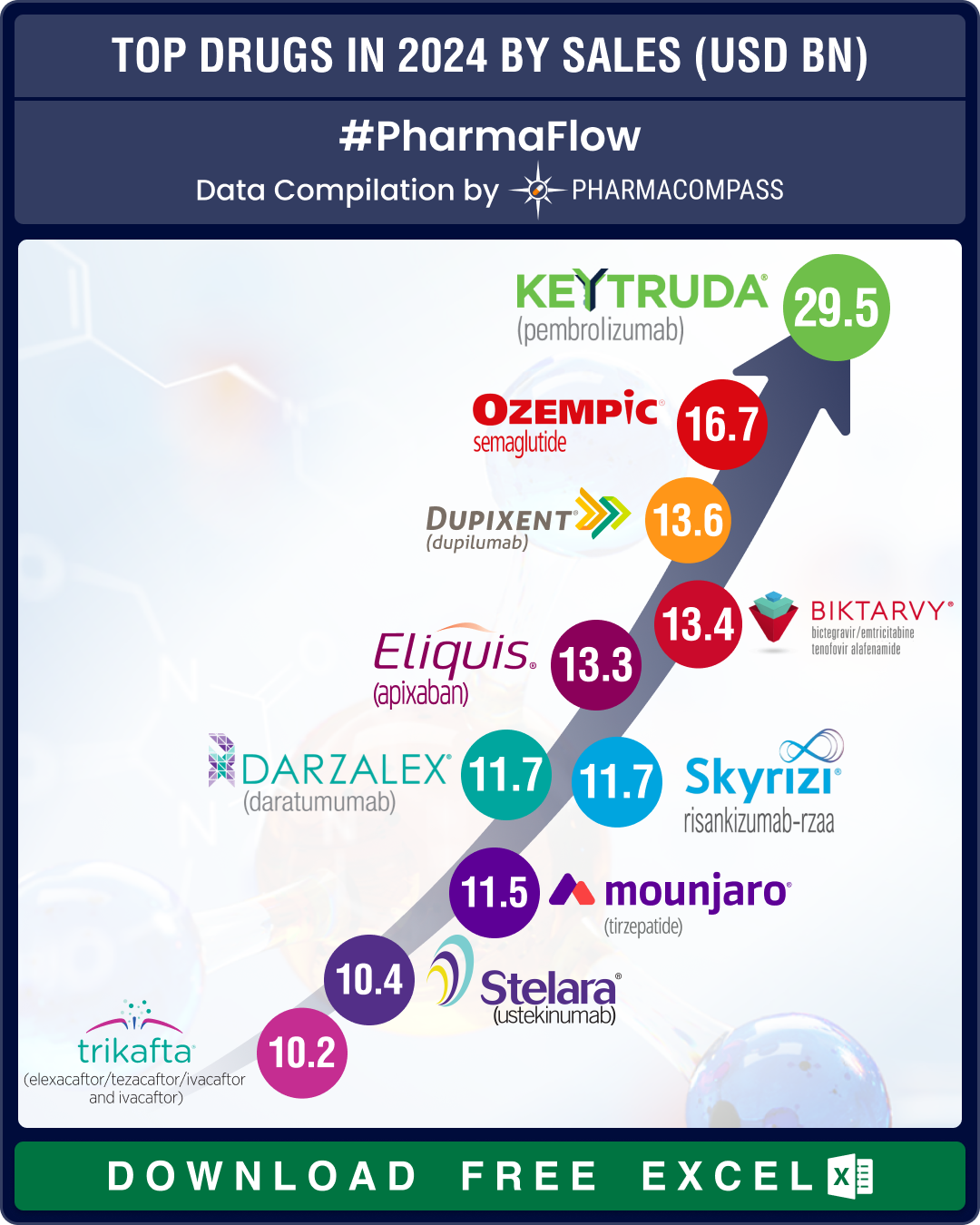
Drug price increases have emerged as a core strategy for generic pharmaceutical companies in the recent past. In September last year, Martin Shkreli’s decision to increase the price of Daraprim (Pyrimethamine) from US $ 13.50 per tablet to US $ 750 overnight, received an angry tweet from Hillary Clinton. “Price gouging like this in the specialty drug market is outrageous,” she had tweeted.
Shkreli of Turing Pharmaceuticals wasn’t the only one hiking prices of drugs. ‘Price gouging’ has become a hot topic, and synonymous with the activities of many major pharmaceutical companies.
Price increase due to ownership, not improved science
Valeant Pharmaceuticals, a stock market darling until recently, developed a strategy of buying up companies and dramatically increasing the price of the acquired drugs.
In February 2015, Valeant purchased two life-saving heart drugs – Isuprel and Nitropress. And the same day, Valeant increased the prices of these drugs by 525 percent and 212 percent respectively. The increase was not an outcome of improved science but simply a change of ownership.
Similarly, on January 1, 2016, Pfizer raised
prices of more than 100 of its drugs. According to global information
services company Wolters Kluwer the price increase was as much as 20 percent in
the case of some medicines.
Another recent study on US drug prices uncovered that “prices for four of the nation's top 10 drugs increased more than 100 percent since 2011, Reuters found. Six others went up more than 50 percent.”
“It’s not funny, Mr. Shkreli. People are dying”
Scrutiny on drug price increases and its accounting practices has made Valeant Pharmaceuticals, which not so long ago was the biggest company on the Toronto Stock Exchange (TSX), lose 90 per cent of its market value in less than a year.
“Pharma Bro” Shkreli was arrested in December for allegedly bilking tens of millions of dollars from his former biotech venture, Retrophin.
And while he smirked his way through the Senate hearing on drug price increases, he was rebuked by Representative Elijah Cummings. “It’s not funny, Mr. Shkreli. People are dying, and they are getting sicker and sicker,” he told Shkreli, as the latter grinned during the Congressman’s opening statement.
The appearance by Shkreli was the highlight of this congressional hearing, which explored the complicated reality of drug pricing in the US.
Bernie Sanders, a US presidential candidate, has long been protesting “skyrocketing drug prices” and has also proposed a new bill last year – The Prescription Drug Affordability Act of 2015.
FDA’s accelerated review plan
In this backdrop, the US Food and Drug Administration (FDA) announced a small regulatory change – it will prioritize review of new applications for generic drugs “that would compete with treatments made by only one company.”
The policy mentions that “potential first generic products for which there are no blocking patents or exclusivities on the reference listed drug may receive expedited review”.
In an email to Bloomberg, the FDA estimates the change in prioritization could expedite review of as many as 125 generic drug applications.
The next ‘price-gouging’ targets
PharmaCompass has found over 300 different dosage forms of drugs which currently have no patents and no competition.
Click here to access the compilation (Excel version available) for FREE!
Our compilation covers a broad range of products from Pfizer's Premarin, isolated from pregnant mares’ urine, which brings in over US $ 1 billion in sales to Emcure’s BICNU (carmustine or BICNU is an anti-cancer, chemotherapy drug).
While Emcure was banned from exporting products to the United States, due to compliance problems found in their manufacturing operations, BICNU was exempted since there was no other alternative available in the market.
While an estimated 13 million people in the United States have latent tuberculosis infection (LTBI), Sanofi’s Priftin (rifapentine), launched last year in a new packaging, still has no generic competition.
Click here to access the compilation (Excel version available) for FREE!
Our view
While our list provides tremendous opportunities for generic companies in the short-term, the FDA’s accelerated review program will require companies to rely on strategies less opportunistic than price-gouging to drive their future business growth.
The PharmaCompass Newsletter – Sign Up, Stay Ahead
Feedback, help us to improve. Click here
Image Credit : Patisseries by JohnPickenPhoto is licensed under CC BY 2.0
“ The article is based on the information available in public and which the author believes to be true. The author is not disseminating any information, which the author believes or knows, is confidential or in conflict with the privacy of any person. The views expressed or information supplied through this article is mere opinion and observation of the author. The author does not intend to defame, insult or, cause loss or damage to anyone, in any manner, through this article.”






